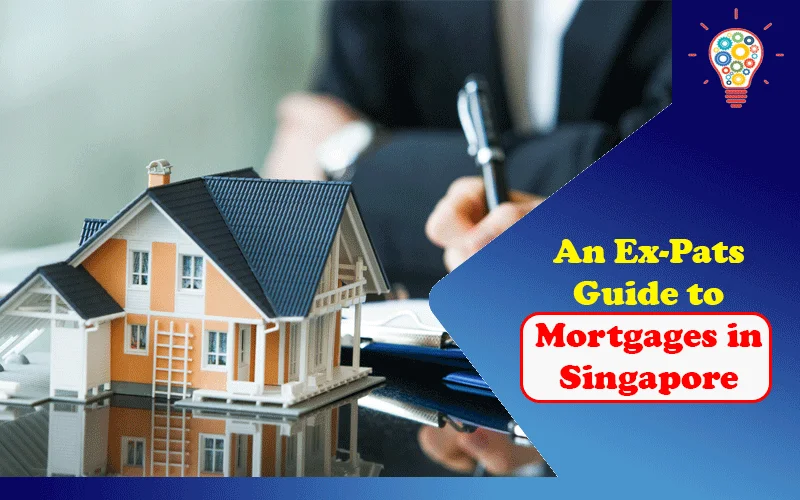Singapore is one of the most popular areas in the world for property buyers, businesses, and those seeking a better way of life. Although the market can be fairly high at times, there are consistently high records of people making great returns on their investments. Whether you’re looking to invest in property to rent or you’re looking for your permanent Singapore residency, we can help you get yourself a great mortgage. Below, we will look at all of the mortgaging options available as well as how you should go about getting one.
Table of Contents
The Different Types of Mortgage
Banks in Singapore can offer mortgages at a variable or a fixed rate. For the most part, bank loans can cover up to 80% of the valuation cost or the purchase – it depends on which comes in at the lowest cost. As the buyer, you will be required to pay the extra monies – usually a down payment of around 25%. Several criteria will determine the Loan to Value Ratio (LTV), including the borrower’s age and any existing loans.
Alternatively, if you are looking to buy a flat through the Housing Development Board (HDB), you can reap the rewards of a steady interest rate. This type of loan only requires a 10% minimum down payment, which is a staggering difference from the 25% required by banks. With an HDB loan, you have full flexibility and don’t face any penalties if you cough up early. One downside of this type of loan is the interest rate, which has been 2.6% for decades, which means that the bank’s interest rates are currently cheaper. However, it does almost guarantee the interest rate throughout the period.
The primary difference between each route is the amount you can borrow, the fixed internist rates versus fluctuation, and the penalties you incur for late fees and early payments. We will look into more details below:
HDB
The HDB loan has a fixed rate of interest, which helps you to work out exactly what your repayments will be throughout the period. Further, there are caps for how much you can earn, which starts at a $7000 cap for singles and goes as high as a $21,000 max for extended families. You can work out exactly how much you would get by using the hdb loan calculator over on PropertyGuru.com. There, you can find out everything you need to know about the HDB loan process. Also, you can view properties from all areas in Singapore, which means you’ll be spoilt for choice.
Bank Loans
Bank loans currently have a lower interest rate, with the maximum being 1.5%. However, this is set to rise in the next three years or so. With bank loans, your monthly repayment amount will fluctuate because rates can only be fixed for a maximum of three years. If you opt for a bank loan, you can only borrow 75% of the property value, which is 15% less than you can with the HDB.
The Mortgage Process
You will need certain documentation when you try and get a Singapore mortgage:
- You need your proof of identity – either an identity card if you’re a permanent resident or a passport.
- You need your most recent CPF statement which shows your account balance.
- You need three months’ worth of pay slips. If you’re self-employed, you’ll need to provide bank statements proving your income.
- You will be required to present your latest income tax assessments – two years’ worth.
If you have already arranged a property for purchase, you will need the following documents:
- HDB confirmation – you can print this form here.
- Valuation report from a reputable source.
- You need to present the S&P Agreement or a signed OTP.
Once you’re aware of all the necessary paperwork, there are only three simple steps you need to be aware of:
- Find a suitable mortgage banker and get an IPA once you’ve submitted the paperwork above.
- You will need to hire a lawyer once you’ve signed the S&P Agreement. They will work with the necessary bodies on your behalf.
- Once your lawyer has done their part, the bank will begin taking fees from your account.
Outline of Fees
As mentioned above, you will need to pay fees to get yourself a mortgage in Singapore, we’ve listed them below:
- OTP fees, which will be set as a percentage of the purchase value
- Option exercise fee – inc OTP
- Legal fees for conveyance
- Down payment – this will depend on the type of loan
- Valuation fee determined by the property type
- HDB, usually around $10
- Agent fees and insurances
- Buyer’s stamp duty and ABSD for residential properties
These fees will soon add up and are what make purchasing a house in Singapore so expensive.
Whether you opt for an HDB or a bank loan, the documentation needed and the process is the same. Now, all that’s left to do is decide on where you want to live.
Read Also: Houston Real Estate Market: What’s Hot?

